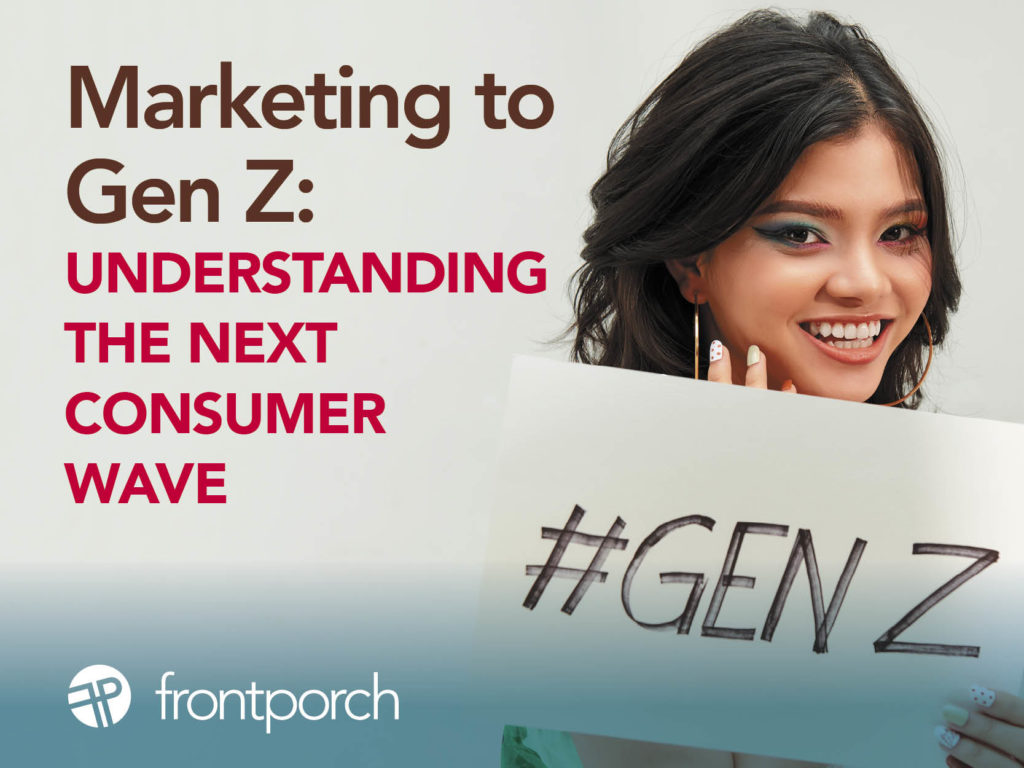
As we move into 2024 and beyond, a new demographic is taking center stage in the consumer market: we are now marketing to Gen Z. Born between 1997 and 2012, Gen Z is a unique segment. They’ve grown up in an almost completely digital era. So for marketers, understanding and appealing to this generation is not just an option. It’s a necessity.
Foremost, they have been exposed to the internet, social networks, and mobile systems from a very young age. This exposure has shaped their personalities. It molds behaviors, and spending habits. As a result, they value authenticity, diversity, and social responsibility. And they are known for their ability to quickly detect inauthenticity.
Effective Strategies in Marketing to Gen Z
- Leverage Social Media Wisely: Gen Z spends a significant amount of time on social media platforms. But not just any platform. Instagram, TikTok, and Snapchat are among their favorites. So first, tailor your marketing efforts to these platforms with engaging, visually appealing content.
- Authentic and Transparent Content: Next, Gen Z values transparency and authenticity. And they prefer brands that are honest, ethical, and upfront. Therefore in marketing to Gen Z, use real stories. Involve real people, and maintain a transparent communication style.
- Mobile-First Content: With smartphones being their primary device, ensure that your websites and content are optimized for mobile. Overall, fast loading times and a seamless mobile experience are non-negotiable.
- Emphasize Video Content: Ultimately, this generation loves video content. Short, engaging videos like those on TikTok or YouTube shorts can be very effective. Remember, Gen Z relies on these platforms for ideas, tutorials and even their news.
- Stand for Something: Gen Z is socially and environmentally conscious. They tend to align with brands that have strong, positive social stances. Show your brand’s involvement in social causes when marketing to Gen Z.
- Utilize Influencer Marketing: Influencers who resonate with Gen Z can be powerful mediators. They prefer micro-influencers or personalities who share their values and seem relatable. They are much more likely to buy a product that an influencer is using if they feel connected to them.
- Offer Personalization: They expect personalized experiences tailored to their preferences and interests. Use data analytics to deliver customized content and recommendations.
Challenges in Marketing to Gen Z
- Short Attention Spans: With the bombardment of content online, capturing and maintaining their attention is challenging. Again, your content needs to be captivating right from the start.
- Ad Avoidance: Gen Z tends to skip ads. So innovative and less intrusive advertising methods are required to get their attention.
- Value-Driven Purchasing: They are not just buying a product; they are buying what the brand represents. Lastly, this demands a deeper understanding of their values and motivations.
Marketing to Gen Z is about striking a balance
Successful Gen Z marketing lies between technology, authenticity, and social consciousness. Understanding and aligning with their values can help in creating meaningful and lasting connections with this next wave of consumers. The key to success with marketing to Gen Z is not just about selling products. It’s about building relationships and communities that align with their values and ideals.

